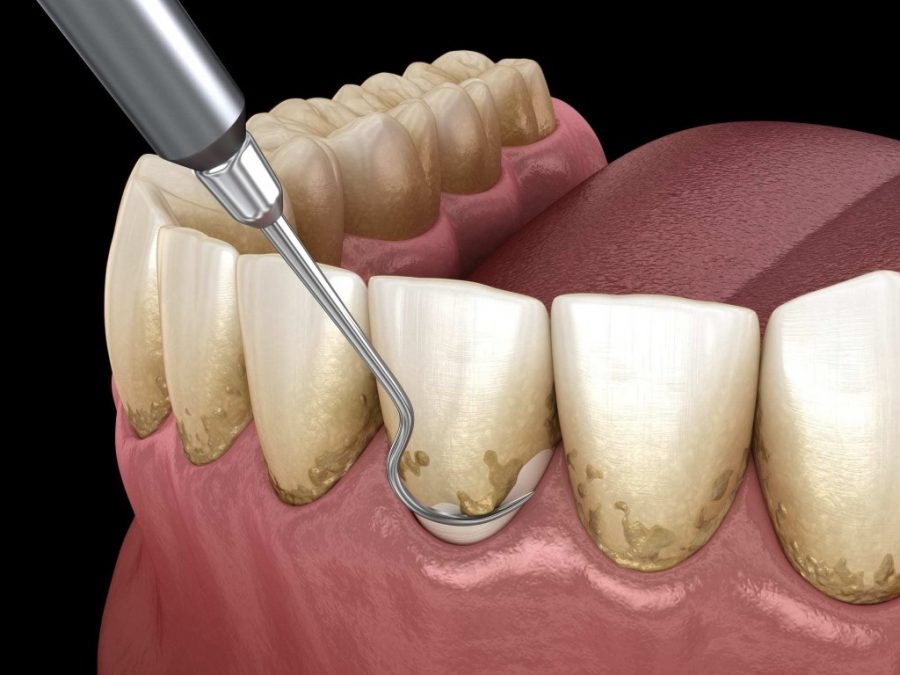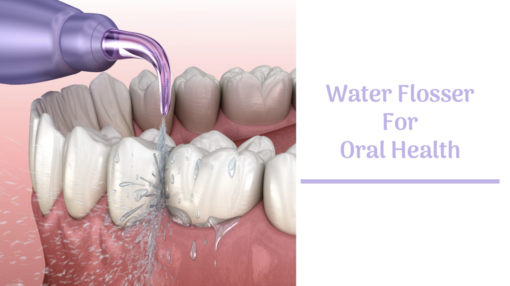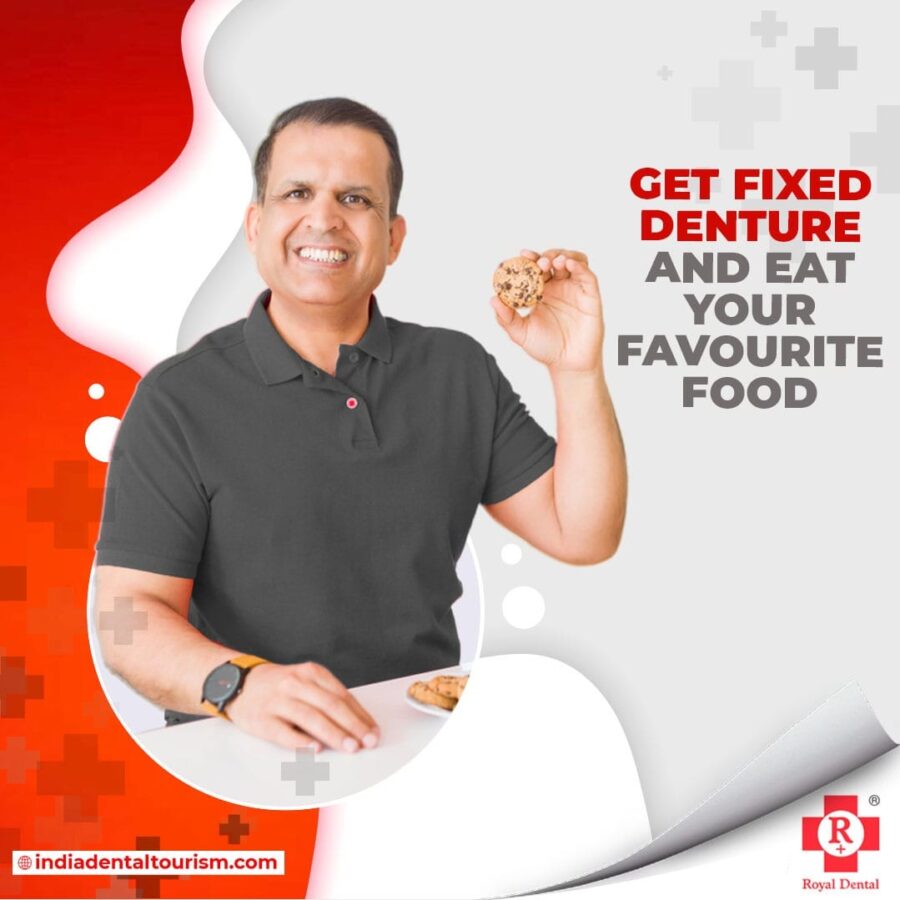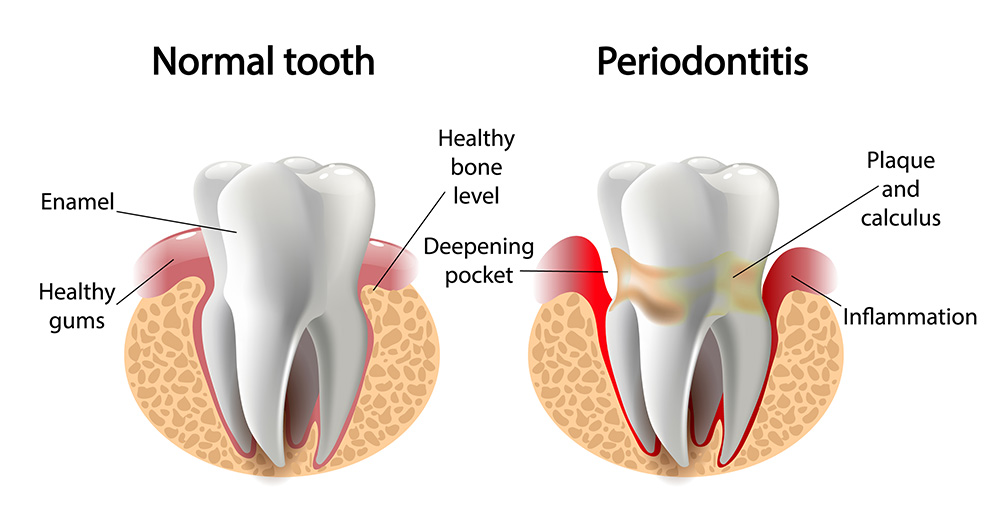Dental plaque and caries are two of the most important oral health topics. If you’re looking to become an amazing dentist, dental hygiene, or another similar career in dentistry, these two terms should be at the top of your mind! Whether you’re studying for a certification exam or simply want to learn more about oral hygiene, this blog is for you. Here are some key things you should know about dental plaque and caries. Dental caries, or tooth decay, is a disease caused by dental plaque. Certain oral bacteria can ferment sugars and other carbohydrates from foods and drinks to produce acids, such as lactic acid.
What is dental plaque?
Dental plaque is a sticky, bacteria-infested film that forms on teeth. It can lead to dental caries if not removed. Plaque is naturally present on all teeth, but when it is allowed to build up, it can become hardened and turn into tartar. Tartar is difficult to remove and can cause bad breath, gingivitis (inflammation of the gums), and more serious dental diseases. This is the main cause of gum disease and cavities.

Plaque, a sticky film made up of bacteria, food particles and saliva, constantly forms on your teeth. If it’s not removed, it hardens and turns into a yellowish-brown substance called tartar. Tartar is notoriously difficult to remove. If left alone, it can lead to periodontal disease and tooth decay. Plaque is a sticky film of bacteria that constantly forms on teeth. Bacteria in plaque produce acids after you eat or drink. These acids can destroy tooth enamel and cause cavities and gingivitis (gum disease).Plaque can also develop under the gums on tooth roots and break down the bones that support teeth.
Untreated plaque can harden into tough-to-remove tartar. Proper oral hygiene, including daily brushing and flossing, gets rid of plaque.
How common is plaque?
Everyone has a dental plaque to some degree. If your teeth feel fuzzy when you run your tongue over them, that’s plaque. Everyone has dental plaque. This sticky film forms on teeth when bacteria in the mouth mix with sugary or starchy foods. Tooth brushing and flossing get rid of plaque. If you don’t remove plaque, it hardens into tartar. Plaque can lead to cavities, gingivitis (gum disease) and tooth loss. Regular dental checkups remove plaque and protect teeth.
What are the symptoms of plaque?
- A fuzzy feeling on the teeth is the top sign that you have plaque.
- Chronic bad breath (halitosis).
- Red, swollen, tender gums that bleed after brushing (gum disease).

What are the complications of plaque?
If you don’t brush and floss daily, plaque can harden into tartar. Only a dental professional can remove tartar. Plaque and tartar can lead to:
- Cavities.
- Gingivitis and periodontal (gum) disease.
- Severe gum infection (periodontitis).
- Tooth decay and loss.
- Tooth Infection
What is dental caries?
Caries is the most common childhood disease and is the destruction of tooth structure by bacterial action, between the tooth surface and the pulp. The bacteria in the plaque produce organic acids which, in a moist environment, will dissolve tooth enamel. The enamel is the strongest tooth substance; once it is dissolved, the bacteria can travel into the dentin, which is the tooth substance nearest the root, and from there into the root and the adjacent tissues.

Dental caries, which is also referred to as tooth decay or cavities, is one of the most common and widespread persistent diseases today and is also one of the most preventable. When you eat certain foods, the bacteria on your teeth breaks them down and produces acids that have the ability to seriously damage the hard tissues of your tooth. The result is the formation of dental caries (cavities).
How do you know if you have plaque and/or caries?
Plaque is a sticky, bacteria-infested film that forms on teeth. It can lead to dental caries if not removed. Tartar is difficult to remove and can cause bad breath, gingivitis (inflammation of the gums), and more serious dental diseases. If your dentist notices plaque during your regular cleanings, they may scrape your teeth to remove it. If left untreated, plaque can turn into cavities or gum disease. Tartar is notoriously difficult to remove. If left alone, it can lead to periodontal disease and tooth decay.
What causes dental caries?
Typically, dental caries can be spotted on two specific areas of the teeth: occlusal caries, which form on the top most part of the tooth where food particles repeatedly come in direct contact with the teeth and interproximal caries, which are dental caries that form between the teeth. It’s in these two locations where bacteria fester and pose a risk to your oral hygiene. If the teeth and surrounding areas are not cared for properly, the bacteria will begin to digest the sugars left over from food in your mouth and convert it into acids as a waste product.

These acids are strong enough to demineralize the enamel on your teeth and form tiny holes—the first stage of dental caries. As the enamel begins break down , the tooth loses the ability to reinforce the calcium and phosphate structures of the teeth naturally through saliva properties and, in time, acid penetrates into the tooth and destroys it from the inside out.
How to treat plaque and caries?
If you have plaque or caries, you should see a dentist right away. Plaque can be removed at home with a toothbrush and dental floss, but you should keep removing it for the rest of your life. Most importantly, do not neglect your oral hygiene! If you have neglected your dental hygiene in the past, we recommend that you start small by making brushing and flossing a daily routine. Be mindful of your habits and make gradual changes to your routine.
Bottom line
To maintain great oral health, you should brush and floss your teeth twice a day. Scrape your tongue twice a day to remove bacteria and do not forget to see your dentist every six months!






